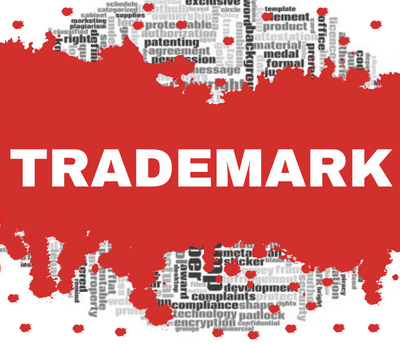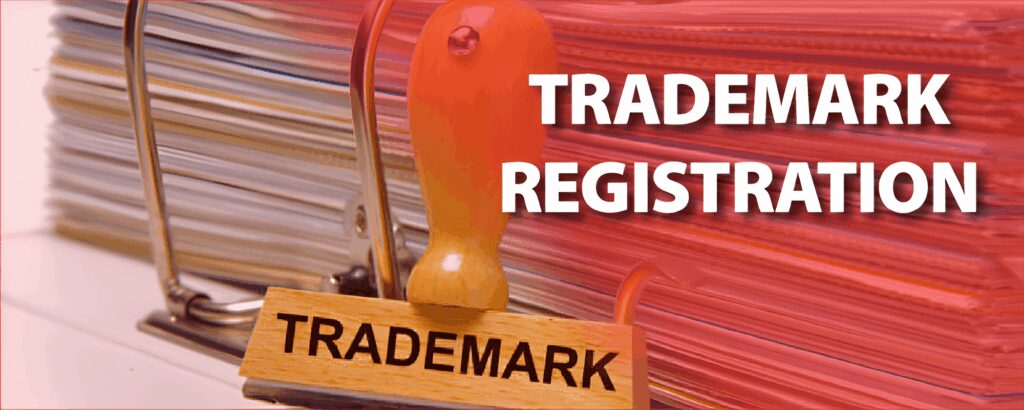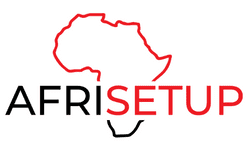

-
Trademark Registration in South Africa: Secure Your Brand Legally
- What is a Trademark?
- Why Trademark Registration is Important in South Africa
- How to Register a Trademark in South Africa
- Appealing a Denied Application
- Step-by-Step Appeal Process
- FAQs About Trademark Registration in South Africa
Trademark Registration in South Africa: Secure Your Brand Legally
Securing your intellectual property through trademark registration in South Africa is vital for any business looking to establish and protect its brand identity. Protecting your brand is crucial for business success, and one of the best ways to do this is through trademark registration in South Africa. A trademark safeguards your brand’s identity, preventing others from using similar names, logos, or slogans that could confuse consumers.
This guide will provide an overview of the trademark registration process, including how to register a trademark, the importance of trademarks, and common questions regarding the
process.
What is a Trademark?
A trademark is a unique symbol, word, phrase, or design that distinguishes your goods or
services from competitors. This can include logos, brand names, slogans, and even sounds.
Registering a trademark in South Africa grants legal protection, allowing you to take action
against infringement.
Why Trademark Registration is Important in South Africa
Trademark registration in South Africa offers several significant benefits:
- Exclusive Rights: You can only use the trademark for registered goods/services.
- Legal Protection: Enables you to sue infringers.
- Brand Recognition: Builds trust, visibility, and credibility with customers.
- Asset Value: A registered trademark can be sold or licensed.
How to Register a Trademark in South Africa
Step 1: Conduct a Trademark Search in South Africa
Before applying, check the South Africa trademark database (CIPC) to ensure your mark isn’t already registered. A trademark search in South Africa helps avoid conflicts and rejections. You can access the South African trademark database through the South African Trademark Office.
Step 2: File Your Application with the South African Trademark Office
Submit your application to the Companies and Intellectual Property Commission (CIPC). Required details include:
- Applicant’s name and address
- A clear representation of the trademark
- List of goods/services (classified under the Nice Classification)
Step 3: Examination & Publication
The South African trademark office examines the application for compliance to ensure it doesn’t conflict with existing trademarks. If approved, it’s published in the Patent Journal for opposition (3-month period).
Step 4: Registration & Certification
If no oppositions arise, your trademark is registered, and you receive a registration certificate that grants you exclusive rights for 10 years. You must renew your trademark every ten years to keep it valid.
Cost of Trademark Registration in South Africa
Fees vary based on:
- Number of classes (R590 – Approx $32 per class for filing)
- Professional fees (if using an attorney)
- Renewal fees (required every 10 years)
How Long is a Trademark Registration Valid?
In South Africa, a registered trademark is valid for 10 years from the date of application and can be renewed indefinitely. This ensures ongoing protection as long as renewal fees are paid and the trademark is used.
How to Trademark a Name in South Africa
- Check Availability: Use the South Africa trademark office search tool.
- File an Application: Submit via CIPC or a trademark attorney.
- Monitor & Renew: Keep track of renewals to maintain protection.
Tips for Protecting Your Trademark
- Monitor the Market: Regularly check online for potential infringements of your trademark.
- Renew on Time: Avoid lapses by renewing every 10 years.
- Keep Documentation: Maintain thorough records of your trademark registration and related activities.
- Seek Legal Advice: Consult with professionals if you suspect infringement or need clarification on trademark law.
Grounds for Trademark Refusal
When applying for trademark registration in South Africa, your application may be refused for
several legal reasons. Understanding these grounds can help you avoid rejection:
- The mark conflicts with a well-known trademark protected under the Paris Convention.
- It is identical or similar to an already registered trademark, leading to possible consumer confusion.
- It is identical or too similar to a prior application, which could create market confusion.
- It resembles a well-known existing trademark in South Africa.
Appealing a Denied Application
If your trademark application is refused, you have legal options:
Step-by-Step Appeal Process
1. Respond to Examiner’s Objections
You can submit arguments or evidence to counter the refusal. The burden of proof lies with the applicant.
2. Escalate to the Registrar
If the examiner maintains the refusal, the case moves to the Registrar of Trademarks.
3. High Court Appeal
If unsuccessful, request written reasons within 3 months and appeal to the High Court.
The court can:
- Confirm, reverse, or modify the decision.
- Request additional evidence.
- Award legal costs.
4. Supreme Court of Appeal
Further appeals go to the Supreme Court of Appeal.
Third-Party Opposition Process
After acceptance, trademarks are published in the Patent Journal, opening a 3-month opposition window (extendable to 6 months).
Grounds for Opposition
- Lack of distinctiveness.
- Bad-faith applications.
- Conflict with existing marks (including well-known trademarks under the Paris Convention).
- Deceptive or offensive marks.
Cancellation After Registration
A registered trademark can be challenged if:
- It hasn’t been used for 5+ years.
- It was registered without a genuine intent to use.
- The owner (individual/company) no longer exists.
Costs & Procedures
- Opposition/cancellation cases resemble High Court litigation.
- Estimated costs: ZAR 283,000 – 425,000 (if defended fully).
- Cases are heard by the Registrar or the High Court (Pretoria).
5 Common Misconceptions About Trademark Registration in South Africa
Due to common myths, many small and medium-sized enterprises (SMMEs) overlook trademark registration in South Africa. Let’s clarify these misconceptions and explain why protecting your brand is essential.
Misconception 1: My Business Name/Logo is Automatically Protected
Many entrepreneurs assume that simply using a business name or logo grants legal ownership. In South Africa, trademark rights are only secured through official registration with the CIPC. Competitors could copy your brand without registration, leaving you with limited legal recourse.
Misconception 2: Only Large Companies Need Trademarks
Some entrepreneurs believe trademarks are only for big corporations. However, SMMEs benefit significantly from trademark registration, gaining brand recognition, legal protection, and a competitive edge. A registered trademark also increases business value and prevents
competitors from copying your brand.
Misconception 3: The Trademark Process is Too Complicated
While it may seem daunting, the Companies and Intellectual Property Commission (CIPC) has
simplified the process. Online applications and clear guidelines make it accessible for SMMEs. With proper preparation, businesses can file their trademarks efficiently.
Misconception 4: Trademark Registration is Too Expensive
South Africa offers affordable trademark fees compared to other African countries. The CIPC
charges R590 (about $32), covering filing and registration certificates.
For example:
- ARIPO charges $130 (excluding certificate fees).
- Nigeria costs $20− $22 (without certification).
- Morocco ranges from $176 – $235.
This makes South Africa one of the most cost-effective places to secure a trademark.
Misconception 5: You Must Hire a Lawyer to File a Trademark
While legal advice can be helpful, it’s not mandatory. Entrepreneurs can file independently using CIPC’s online resources. However, consulting an IP attorney ensures accuracy, especially for complex cases. The CIPC website guides self-filers.
Trademarks protect your brand, build customer trust, and add long-term value. There’s no reason to delay registration with affordable fees and a streamlined process.
FAQs About Trademark Registration in South Africa
You can register your trademark through the Companies and Intellectual Property Commission
(CIPC), the official South African trademark office.
To trademark a business name, you follow the same process as registering any trademark.
Ensure the name is not already used, apply with the CIPC, and await approval.
Ideas alone cannot be trademarked. Trademarks protect specific signs or designs. It’s essential
to have a tangible representation of your idea, such as a brand name or logo.
You can search the South African trademark office database on the CIPC website to check for
existing trademarks and ensure yours does not infringe on them.
Yes, via the Madrid Protocol, but local registration is recommended for stronger protection.
Typically 12-18 months, depending on objections or oppositions.
Yes, if it’s distinctive and not generic.
Yes, applications can be submitted through the South Africa Trademark Office database or via
professional trademark attorneys
You can take legal action to prevent unauthorized use, including cease-and-desist orders or
lawsuits
Yes, slogans and logos are eligible for trademark protection.
Yes, trademark ownership can be sold, licensed, or transferred under legal agreements.
Conclusion
Trademark registration in South Africa is a vital step in safeguarding your brand. You can ensure long-term protection by following the correct process and staying proactive.
Need Help? Consult Afrisetup for smooth registration and enforcement.
